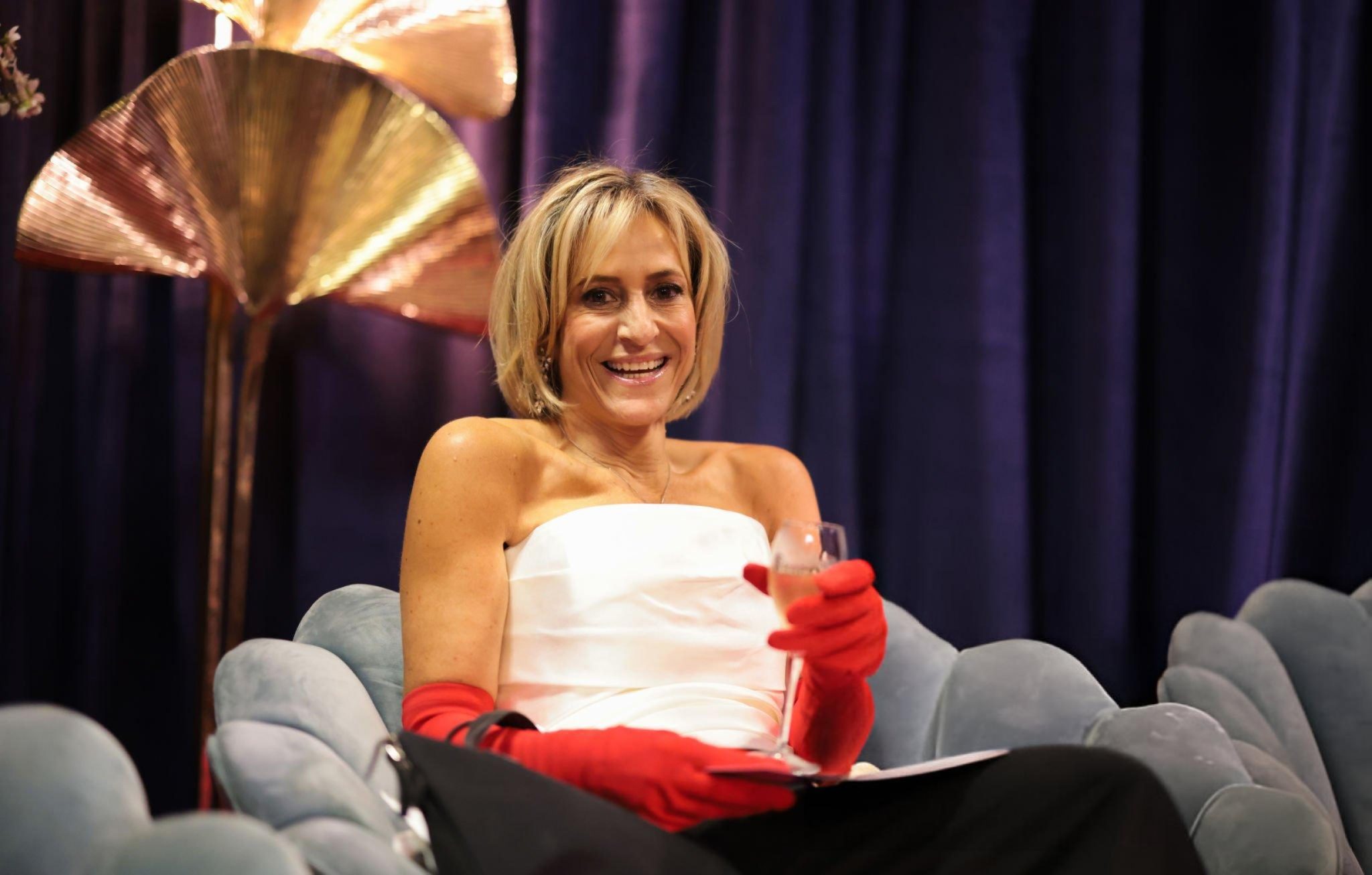The encounter between Emily Maitlis and Rupert Lowe has caused a stir, and rightly so. In a tense and uncomfortable exchange, the former BBC presenter took on the Reform UK MP for Great Yarmouth in a way that left viewers either cheering or cringing, depending on where they stand.
Rupert Lowe, 67, was speaking about his crowdfunded inquiry into the sexual exploitation of vulnerable white working-class girls by grooming gangs, predominantly made up of British-Pakistani men. Maitlis, bronzed and assertive, challenged him with the kind of prosecutorial zeal that suggested something more than journalistic scrutiny — more like moral outrage.
She accused him of being “probably racist”, obsessing over Pakistani gangs while ignoring white perpetrators, and even profiting from the inquiry itself. Lowe quickly retorted that not only was he not making money from the initiative, he was funding it personally. When pressed about a social media comment suggesting illegal migrants be “left to the midges on an island”, Lowe attempted to explain it as a metaphor for a zero-tolerance stance on illegal immigration. He was shouted down.
Throughout the encounter, Maitlis repeatedly demanded that he confirm all grooming was bad. He did so, without hesitation. The question itself felt loaded, as if to imply that his stance excluded other victims or perpetrators.
But the interview, instead of shining light on an incredibly serious and complex issue, descended into a culture war skirmish — London media elite versus working-class outsider. Maitlis’s visible anger — not dissimilar to her disdain for Brexit or Trump — made it difficult to separate impartial journalism from political performance. What should have been an examination of policy and principle turned into a battle of ideology.
Lowe responded in kind, firing back with the kind of rhetoric that resonates deeply in left-behind communities. “You don’t have illegal migrants living next to you, Emily,” he said. “Go and live next to them and have them ogling your children.” It was crude, but it was also heartfelt — and for many, brutally truthful.
For all Maitlis’s eloquence and righteous fury, she seemed out of touch with the lived realities of the communities most affected by the grooming gang scandals. Lowe, whatever one thinks of his politics, speaks for constituents who genuinely feel ignored or sneered at by Westminster and the media.
This is why the grooming gangs issue has become so politically explosive. It’s not just about the abhorrent crimes themselves — which are widespread and still underreported — but about how the state responded. Or rather, didn’t respond.
It was the Times’ Andrew Norfolk who exposed the scale of abuse in Rotherham, where social services and police failed to act for fear of being labelled racist. Norfolk himself was branded a bigot for his troubles. In a later report, he noted that the root causes — including cultural, religious, and familial factors — remain largely unexplored because of political correctness.
The tragic reality is that this silence allowed the abuse to continue. And to this day, there is no official public inquiry into the cultural dimensions of the grooming gangs scandal. Labour MP Lucy Powell recently dismissed the issue as “dog whistle politics”, a phrase that only adds insult to injury for victims still awaiting justice.
Yes, white perpetrators exist. Child abuse is not unique to one ethnicity or faith. But there is a specific pattern to the abuse uncovered in towns like Rotherham, Telford, and Rochdale — a pattern authorities are seemingly reluctant to investigate fully.
What the Maitlis-Lowe spat reveals is just how uncomfortable we still are about confronting this issue honestly. Emily Maitlis may have wanted to challenge prejudice — but in doing so, she dismissed the very real pain of communities failed by the system.
What we need now is not more rage from the liberal elite, but an official, fearless inquiry into why this scandal was allowed to happen — and why, all these years later, we’re still afraid to ask the hard questions.






